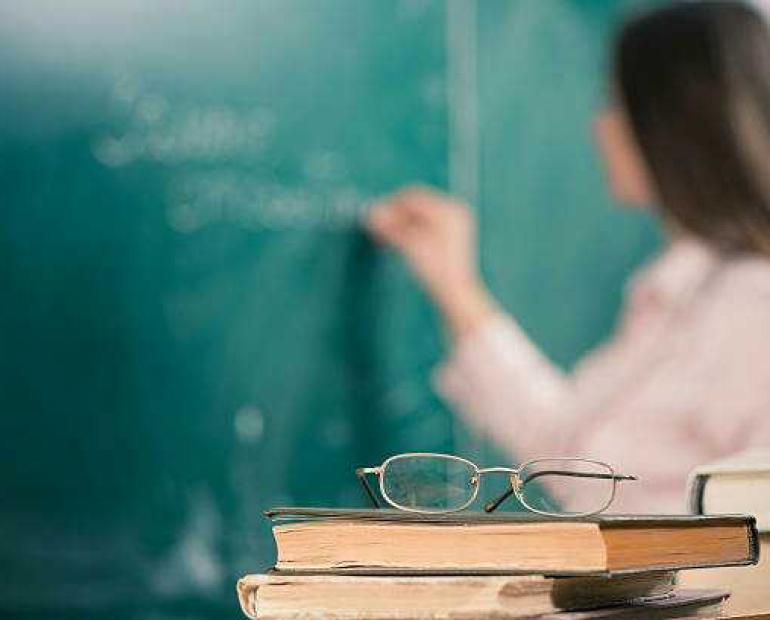
Jordan is one of the top receiving countries for refugees. More than 760,000 refugees live in Jordan, they come predominantly from Syria, with large groups from Iraq, Somalia, Sudan, and Yemen. Many of them have been in Jordan for more than 10 years and continue to face challenges in rebuilding their lives, including getting access to education for themselves or for their children. Access to higher education or skills training is especially important for young refugees, as it is their chance to have a better life and a stable future.
As a young refugee in Jordan, I have faced a number of obstacles in completing my higher education. I was born in Iraq and after the war, my family and I came to Jordan when I was 4 years old. When we arrived, it was exceedingly difficult for us to adapt to the new environment and circumstances, which were quite different from what we were used to. Even though I was young, I knew and felt that it was hard for my family, especially in terms of providing me and my brothers with an education. As non-Jordanians, we had to pay school fees. Besides from paying tuition fees, but we also had to buy books and uniforms. This was something my family struggled with every year.
Being a refugee made it difficult for me to complete my higher education. After finishing secondary school, I couldn’t enroll in a university due to my financial situation. Every time I have considered applying for a bachelor’s degree, the inability to pay for tuition fees has pulled me back.
There are many young people in a similar situation to mine, who cannot complete their education. They did not choose to drop out of school, but circumstances made them do so. For example, some refugee girls get married early without completing their education because of displacement, as their families see marriage as the solution to the difficult circumstances they are facing.
As refugees, there are few opportunities for us to complete our education, especially at the university level. One of the main challenges that refugees face is the lack of official documents and educational certificates to enter university. Some refugees have completed their secondary education, but because their diplomas are not recognized in the country they have been displaced to, they have to enroll in school again.
I always remember my mother telling me that education is particularly important, especially as a girl, because, in the world we live in today it’s difficult to find a job without a degree - even if it is only a high school degree. I believe that education is my door to living a decent life, and it will help me overcome difficulties and open many doors to pursue a prosperous and happy future.
After realizing that attending university would not be possible in my situation, I decided to find a free educational opportunity. I applied for English language courses and graduated from Amala High School Diploma, an organization that helps refugees complete their education. Amala offers courses like social entrepreneurship and economics for positive change, creating social change and peacebuilding, ethical leadership, arts and cultural expressions.
I graduated from Amala in 2021, and I was interested in meeting some of the current students at Amala to learn from other young people about what education means to them, the barriers they have faced, and their dreams for the future. Therefore, I decided to interview and hear first-hand from 4 young people at Amala: Mutasim from Sudan, Sarah from Iraq, Ahmed from Syria, and Asif from Iraq. I asked them about the importance of education for them.
Currently, I am working remotely with the UNICEF Migration and Displacement Hub Team as a Youth on the Move Fellow. I hope that through my experience working with UNICEF, I will be able to inspire other young refugees and give them hope to move forward. I conducted these interviews a part of this fellowship, to raise awareness about the barriers to accessing education for young, displaced people, to engage the community about the importance of education and deliver a message to decision-makers to enable refugee youth to contribute to their host communities by improving their access to learning opportunities.




